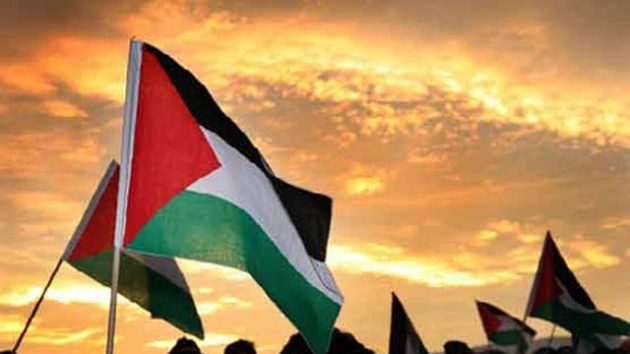“The Forces at Play” in the Palestinian Authority
‘Avenge’, ‘cycle’, ‘retaliation’, ‘disproportionate’. Most media scripts of recent days could have been written by machines. Three Israeli teenagers have been murdered, callously and ruthlessly. Their abductions were barely covered by most of the non-Israeli press during the weeks in which they were missing. But now that they have been confirmed dead the Western press really knows what to do and how to cover it.
As with the United Nations, and other international bodies, the story appears to start not when an outrage is perpetrated against Israelis but rather when Israel is thought to be considering a ‘response’. So ‘calm’ was urged upon Israel by the UN while options were being ‘weighed up’.
And then we enter the period of ‘backlash’.
Unconnected to events in the West Bank, in recent days Israel has struck sites in the Gaza responsible for the ongoing barrage of rockets being fired into Southern Israel. Does anyone other than Israel get accused of ‘pounding’ an enemy even when the action is targeted precision strikes? Everything to do with Israel’s wars for security and survival is portrayed in this way. And those in the West who are sanguine about this treatment when it is meted out to Israel need to reflect that this is the same situation in which they will find themselves when the time comes.
In the meantime, as we go through the latest replay of an endless media story it is all too easy to ignore the bigger movements which are going on behind this. As we have often said here at HJS, the erasure of borders, the clarification of old alliances and revived fundamentalist hatreds are the real movements going on underneath the Middle East and North Africa region during this period. And the events of recent days give a deep reminder of Israel’s long-term territorial questions. ISIS – or the ‘Islamic State’ as it is now more simply known – is not only causing the Saudi Arabian army to mass on its own Iraqi border, but is attempting next to erase the borders of Jordan. This should be a moment for specific clarity in a regional mess.
If the Palestinian Authority wants to achieve a state then it must show that its state would be law-abiding and peaceful. In doing a unity deal with Hamas earlier this year, Mahmoud Abbas’s Fatah showed that they were more interested in terror and annihilation than they were in peace. Fatah has tried to draw comparisons with the tragic murder of a Palestinian youth this week in Jerusalem to paint the Israeli government into a race to the bottom about which community should be more outraged. But this is nonsensical. Even if the worst fears are realised and extremist Israelis are found to have committed this act, the Israeli state cannot be held responsible for the acts of vigilantes. But the Palestinian Authority certainly can be for the behaviour of a constituent part of its leadership. And since Hamas is to blame for the killings of the Israeli teenagers, what does Fatah’s refusal to uncouple from it tell us?
Would a Hamas-Fatah state in the West Bank be a barrier to ISIS and ISIS-like organisations? Or would it be a sponge for it? Would it withstand the forces of the region or would it fall in step with them? Given the responses of the Palestinian leadership in recent days, we have had an opportunity to stare into the future. People often say that the window is closing on the two-state solution. Unless something changes, this will become an inevitable conclusion.


